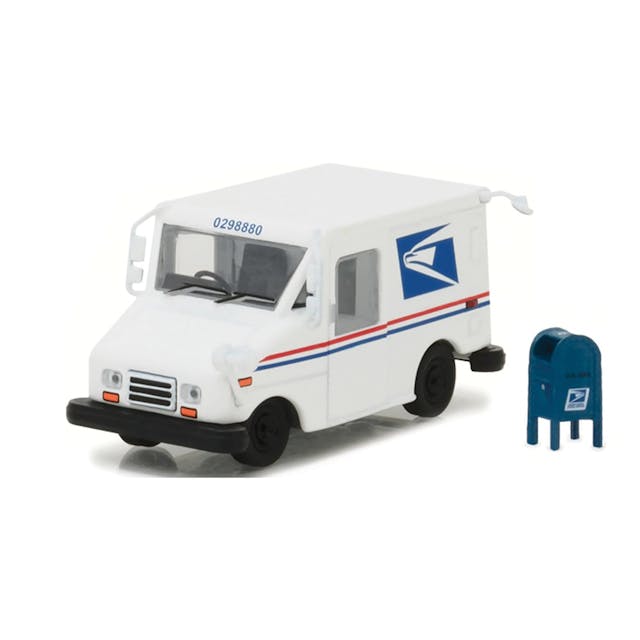USPS delays selection process for LLV replacement once again

Citing concerns over COVID-19, the USPS has announced that its selection of the Grumman Long Life Vehicle’s (LLV) replacement has been delayed once again. Three companies are left vying for the contract to build the originally named USPS Next Generation Delivery Vehicle (NGDV)—Oshkosh, Workhorse Group, and the Karsan Bus & Coach Company—but the contract won’t be awarded until next year.
The COVID-19 pandemic previously resulted in USPS pushing a final decision to the end of 2020. However, amid continuing public health concerns, and “in order to provide for capital investment activities and required approvals,” reads a statement by USPS, “the program schedule has been revised and a decision is now planned for quarter 2 of fiscal year 2021 (January to March 2021).”
The LLV, introduced in 1987 and produced through 1994, was built by what is now known as Northrop Grumman, the aerospace megalodon. Built upon the first-generation Chevrolet S-10 chassis, each truck was re-equipped with simple 2.2-liter “Iron Duke” four-cylinder, three-speed TH350 transmission, and a crate-shaped body that maximized cargo space while retaining a compact footprint.
While something of a literal penalty box to drive, they’ve served dutifully for three decades—at least, until recently, as the aging fleet’s reliability and safety have come into question. The trucks were only designed for a 25-year service period; high maintenance costs on an obsolete drivetrain, plus periodic fires from electrical and fuel system failures, prove that the “Long-Life Vehicles” are clearly past their expiration dates. The process of sourcing a replacement has encountered several road blocks and, as most can attest, this year’s pandemic has scrambled USPS’ best-laid plans once again.
The three offerings reflect a diverse range of drivetrains and hail from wildly different companies. The Wisconsin-based Oshkosh Corporation has partnered with Ford to bring a modified version of the Transit vans for mail duty. This gas-engined vehicle is likely the most conventional entry, though Ford does offer hybrid variations of its Transit family. (The pure-electric E-Transit debuted recently, but it has yet to prove its chops in the real world.)
Another option comes from Workhorse Group, based in Ohio, which initially began the venture with VT Hackney. When that relationship ended, Workhorse purchased the intellectual property for VT Hackney’s BEV design and continued on its own. Lastly, Turkish bus company Kasara is working with the Michigan-based Morgan Olson to offer a hybrid variant.
Until next spring, however, the LLVs exist in purgatory as they continue to faithfully serve the United States well beyond their intended tenure.

